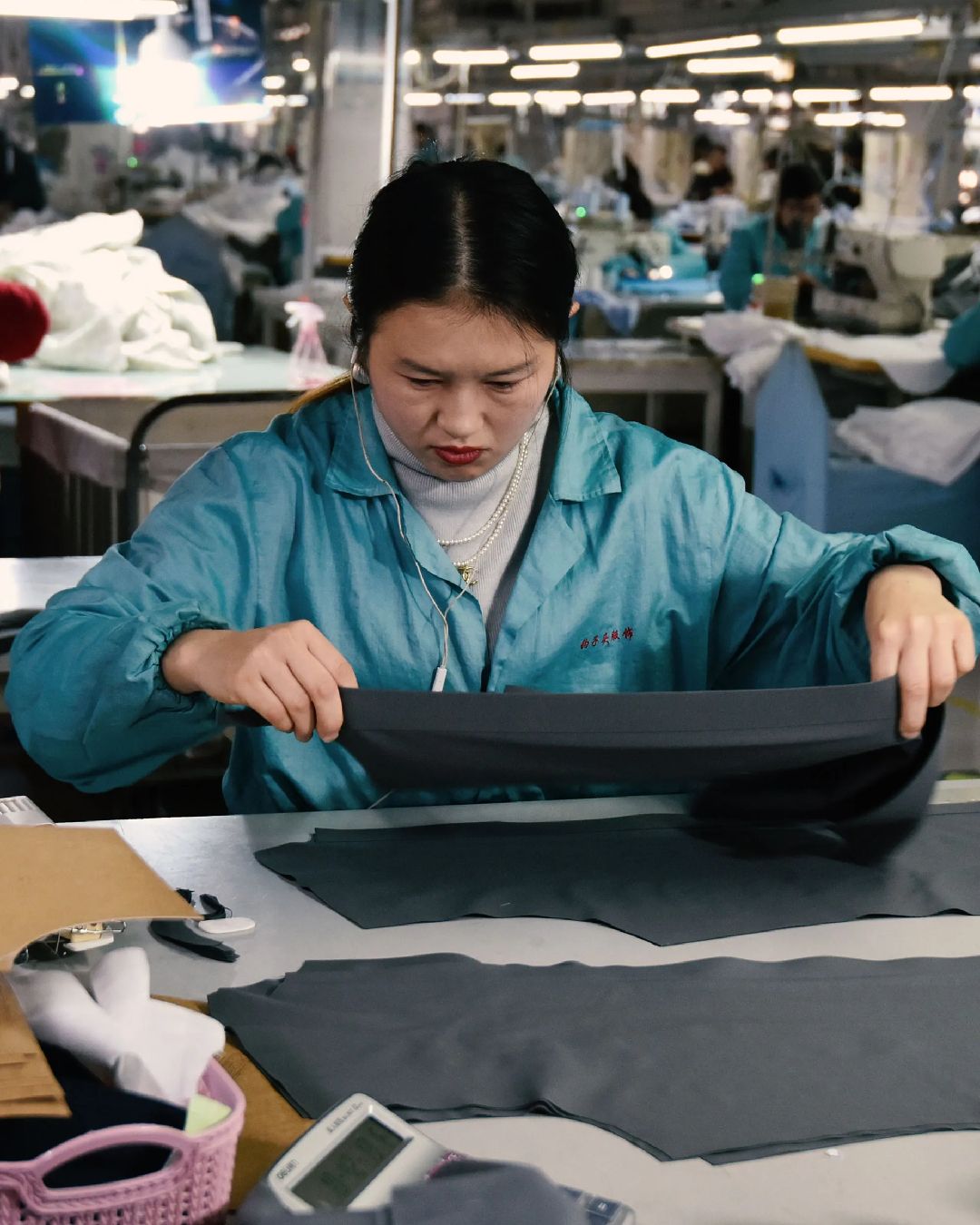
H&M to close 7 stores in Italy The Swedish fast fashion chain takes the first actions after a drastic drop in sales
Towards the end of March, nss magazine had tried to draw an initial estimate of the drop in sales and the losses that the COVID-19 pandemic would have caused to the fashion system, particularly at the retail level.
It was clear from the start that one of the most affected brands, given the difficult situation it was already facing, would be H&M. The Swedish fast-fashion group in the first quarter of the year had recorded a drop in sales of -24% in China. Thanks to the slow restart of China, the difficult situation that loomed in Europe, and especially in the United States, still seemed manageable to the Swedish giant.
Instead, the news arrives today that H&M will close seven stores in Italy. To report the news is Uiltucs, a trade union of Uil, which reports the decision to close the stores in Corso Buenos Aires in Milan (it is not clear if the one at number 8 or 56), in via Torino - also in Milan -, and the Udine store. In the coming months, between August and November, the spaces of Grosseto, Gorizia, Vicenza centre and Bassano will be shut down as well, effectively laying off about 145 people. The union that reports the news specifies that the fast-fashion chain had not communicated its intention to close these stores during the last meeting, thus assuming that it is a decision made by the Swedish parent company to try to keep the other 172 stores in Italy standing.
It is very likely that this type of operation will also be replicated in other European countries, especially since between December 2019 and February 2020 H&M had recorded +48% in online sales, reflecting the success of a new way of shopping at the time of the quarantine, which also reduces the management costs for the brands. If in the same period the fast-fashion chain had recorded an increase in sales of 8%, the estimates for the second quarter are not so good, given the month of March closed with sales at -46%.
While it is still difficult to make accurate predictions about the future of the fashion system after the pandemic, there is no doubt that these months of quarantine and isolation will have long-term consequences not only on how we will continue shopping, favouring online but especially on the type of product we're going to buy. The first model to rethink will be that of fast fashion, which, at both production and sales levels, travels at a pace that is now too rapid and therefore unmanageable.


















































